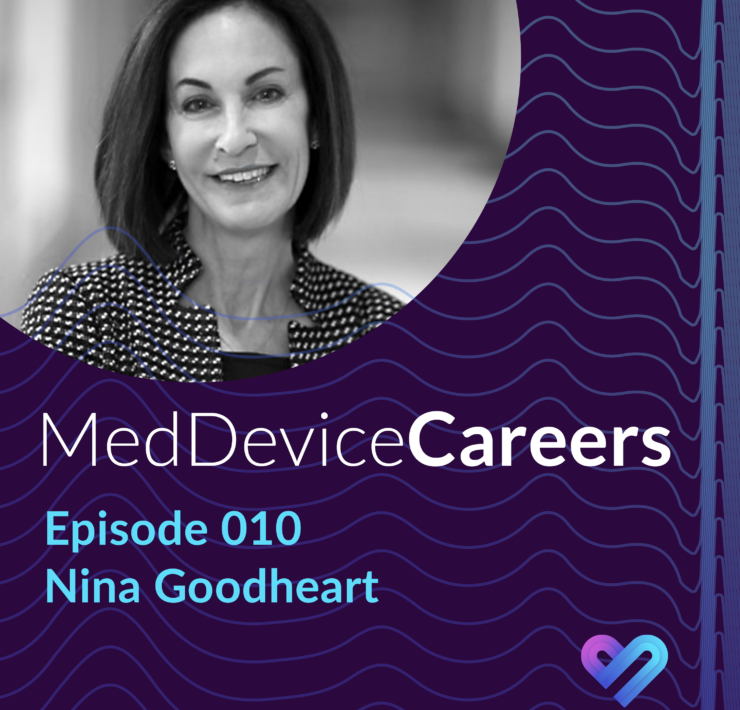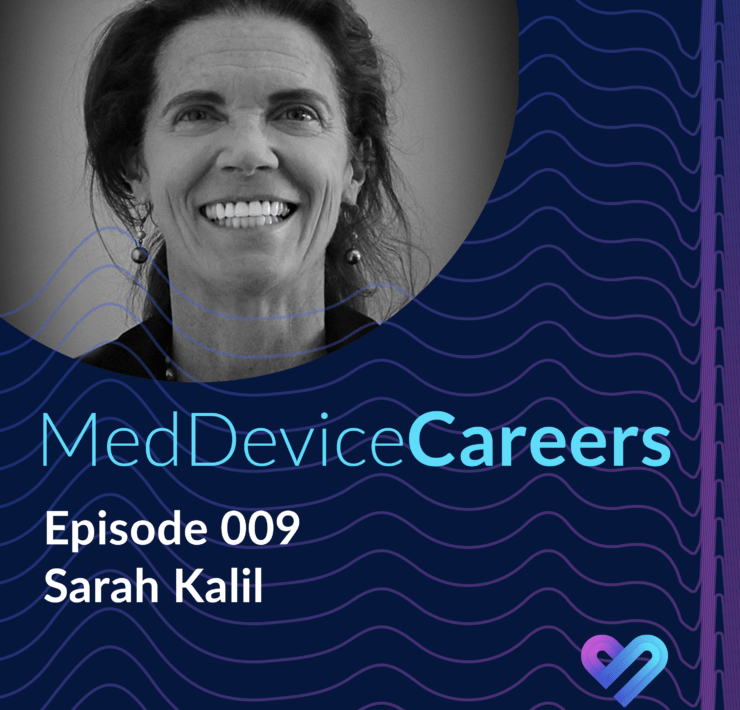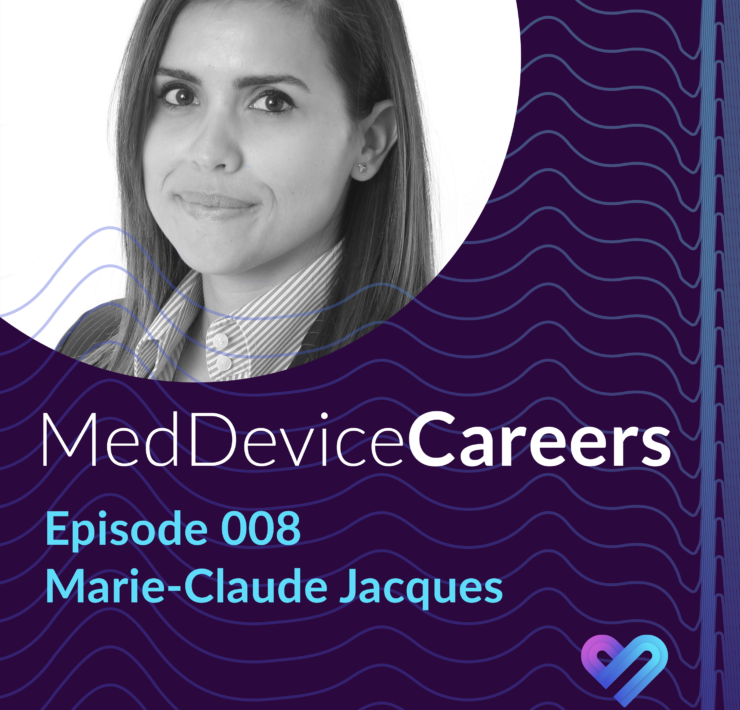The medical device industry is steadily growing, fueled by constant advances and innovation in technology. This field offers amazing opportunities for individuals wishing to be a part of medical industry but don’t want to become physicians or surgeons. Since this industry is vast, it is split into many categories including dental devices, blood fusion devices, needles and syringes, surgical devices, orthopedics devices, and many more.
There are many job openings for cardiac device specialist at various medical institutions. However, the responsibilities and roles of a cardiac device specialist differ depending on who your employer is. The two major employer types for a cardiac device specialist are a device clinic and a device company.
A Device Clinic
At a device clinic, a cardiac device specialist is typically supposed to take care of monitoring of the cardiac devices and identify any abnormalities. This might include distributing, analyzing, scheduling, follow up, and monitoring of pacemakers and ICDs. You might also have to collaborate with physicians, patients, and other medical staff to demonstrate the usage, benefits, and maintenance of cardiac devices, along with the carrying out the standard of care.
Roles and Responsibilities
| Prioritizing collaboration and communication of patient care on the basis of diagnostic examination of medical devices implanted and the symptoms of patients, with physicians, nurses, and other practitioners |
| Demonstrating and evaluating the functionality of the device and specific algorithms of manufacturers |
| Reprogramming of loop recorders, defibrillators, pacemakers and other devices |
| Maintaining updated database of cardiac devices and patients |
| Conducting studies |
| Interpreting and reviewing diagnostic information |
A Medical Device Company
At a medical device company, you would be mainly responsible for delivering new device technologies and innovations to health care practitioners and patients. A medical device company equips healthcare professionals in different fields with high quality medical devices to enhance patient care. As a clinical specialist, you would be dealing with physicians, surgeons, nurses and other medical staff while supporting procedures and assisting with patient care. As a CRM clinical specialist, you may be interacting with patients while as an electrophysiology clinical specialist or mapping specialist, you would have minimal patient interaction.
Roles and Responsibilities
| You would be required to have advanced understanding and clinical and technical skills to ensure proper maintenance and working of the device |
| Offering efficient customer service |
| Supporting surgical procedures to organizations where the devices are being utilized by performing diagnostic tests during device implantation or an electrophysiology procedure |
| Training and demonstrating the staff the right techniques and usage of the medical devices |
| Providing support and guidance to the physicians throughout surgical process for effective utilization of the cardiac devices |
| Performing in-person device interrogation to ensure ongoing functionality of implantable devices such as pacemakers and ICDs |
| Working with teams including marketing, sales and more to help distribute and install cardiac devices |
It is highly possible that you might have to perform some of the responsibilities mentioned in both these jobs since often medical devices jobs have similar roles to play depending on the employer. Regardless of employer type, working for a hospital, a clinic, or a device company as a clinical specialist all provide the ideal entry point for a lifelong career in medical devices. Visit the Career page at PrepMD for additional details.






